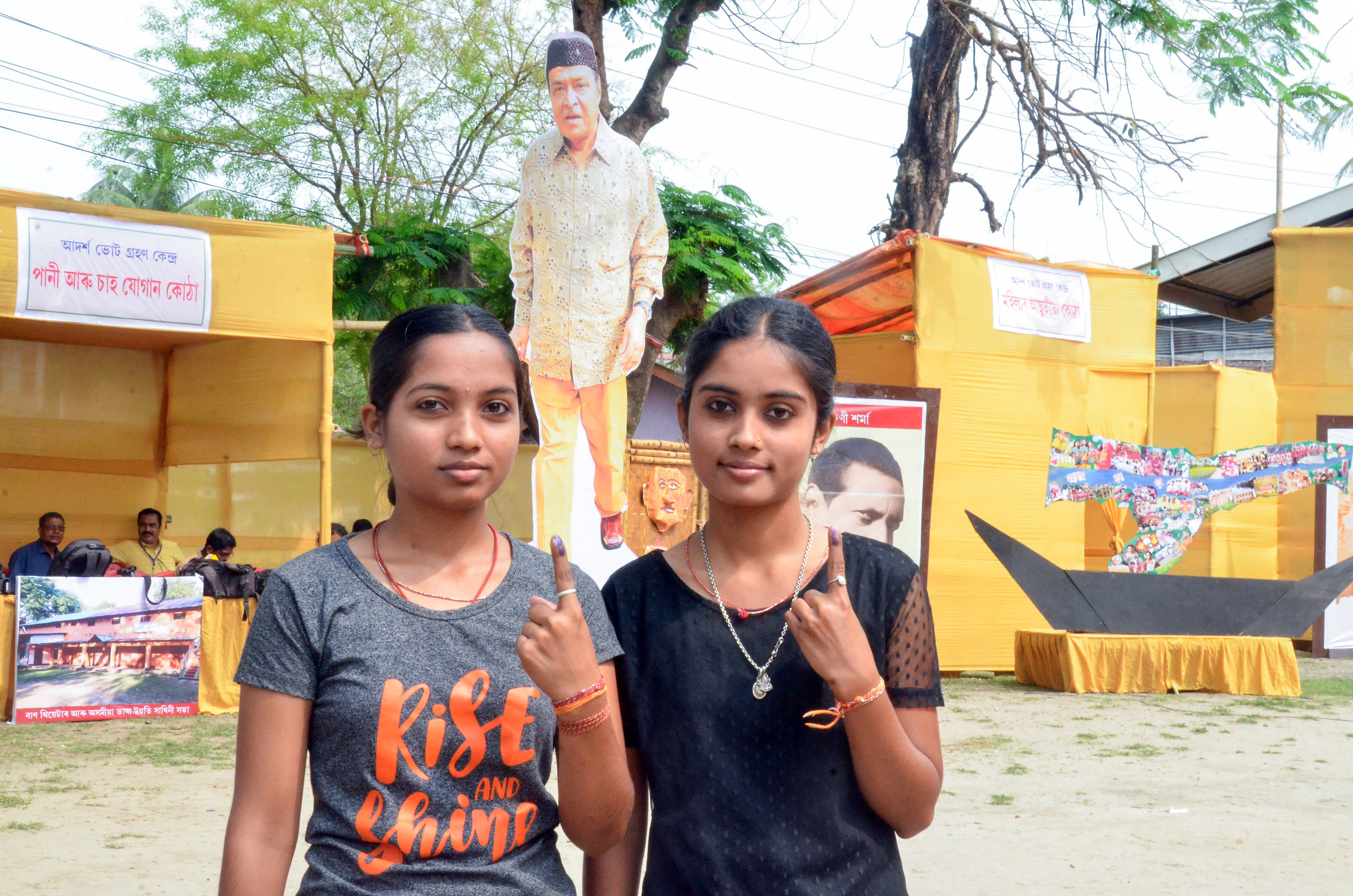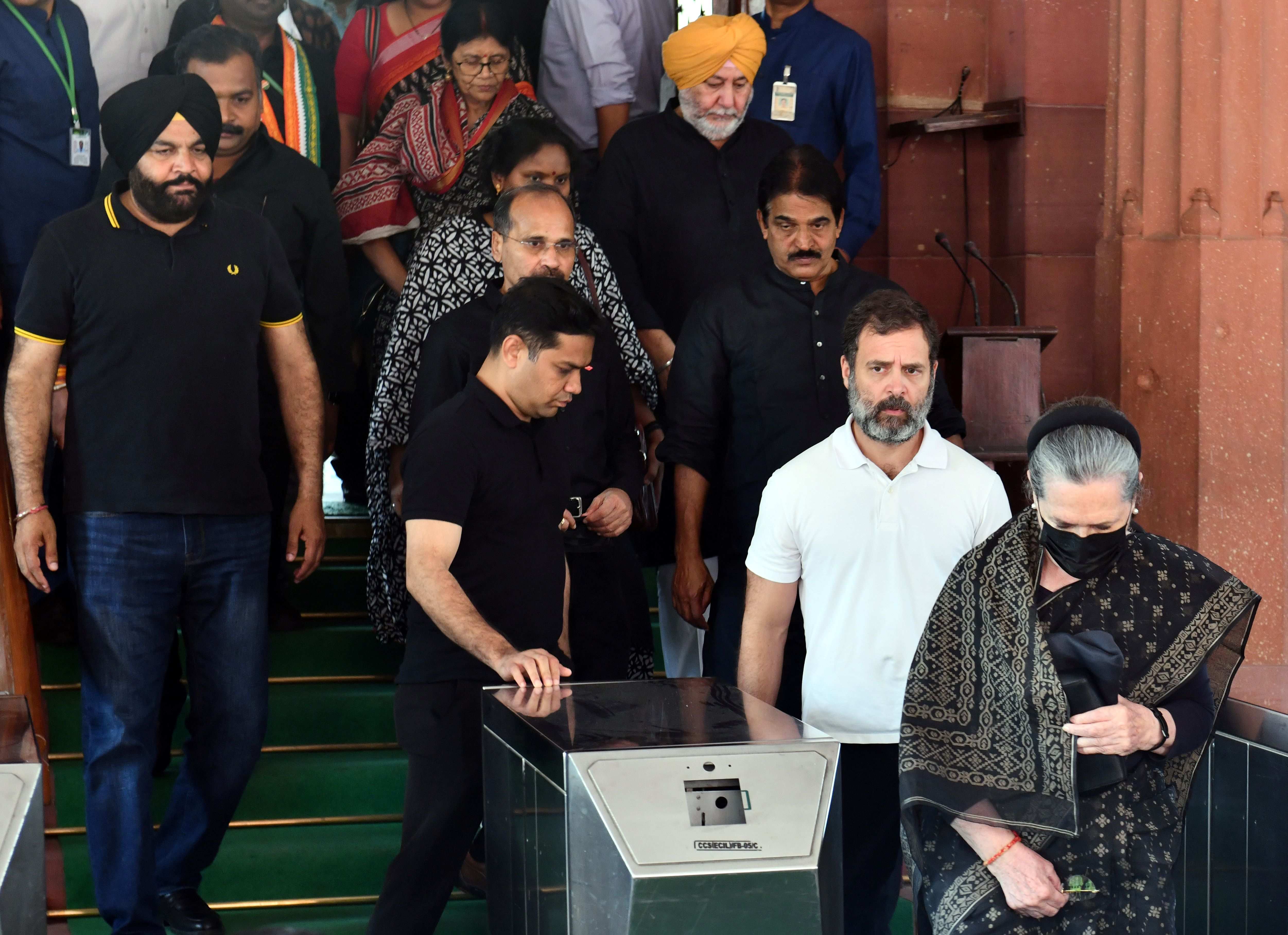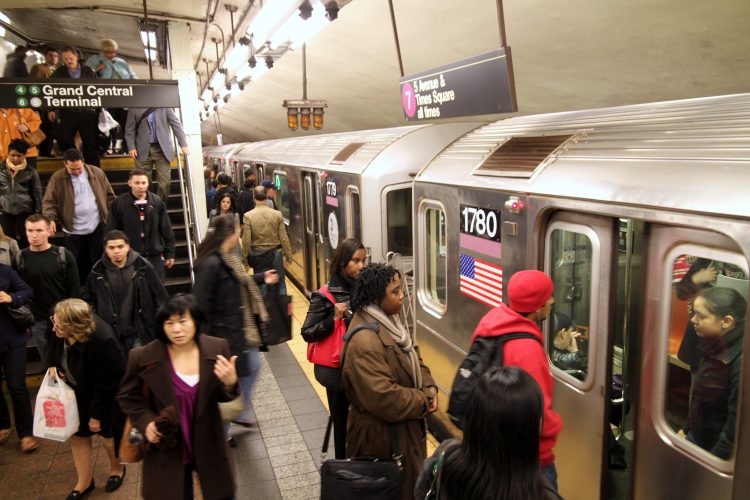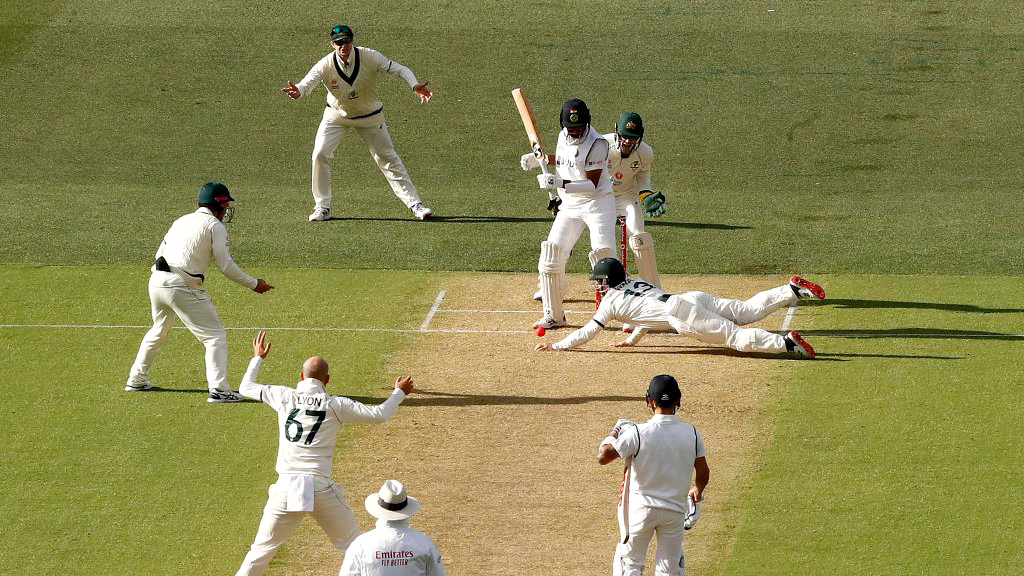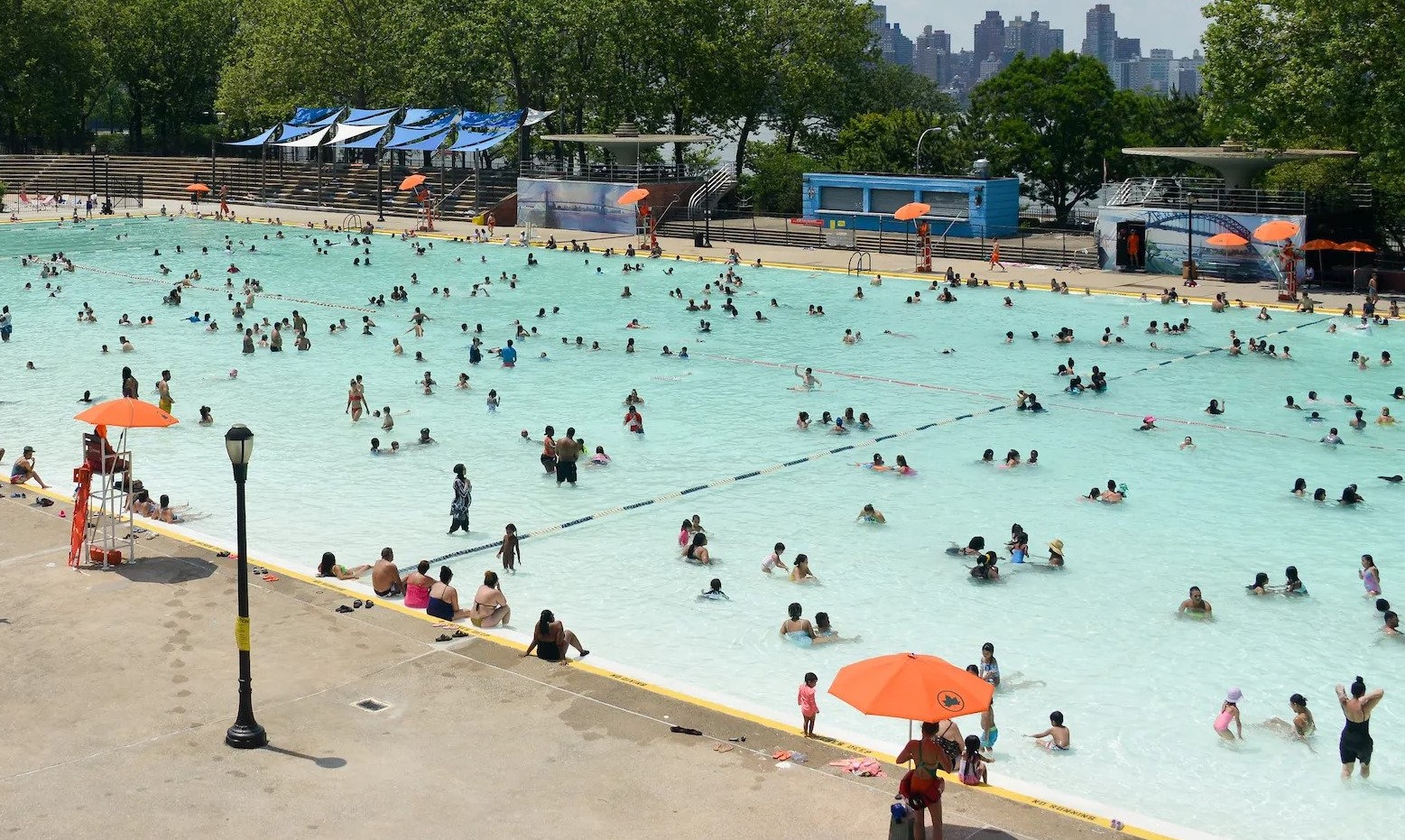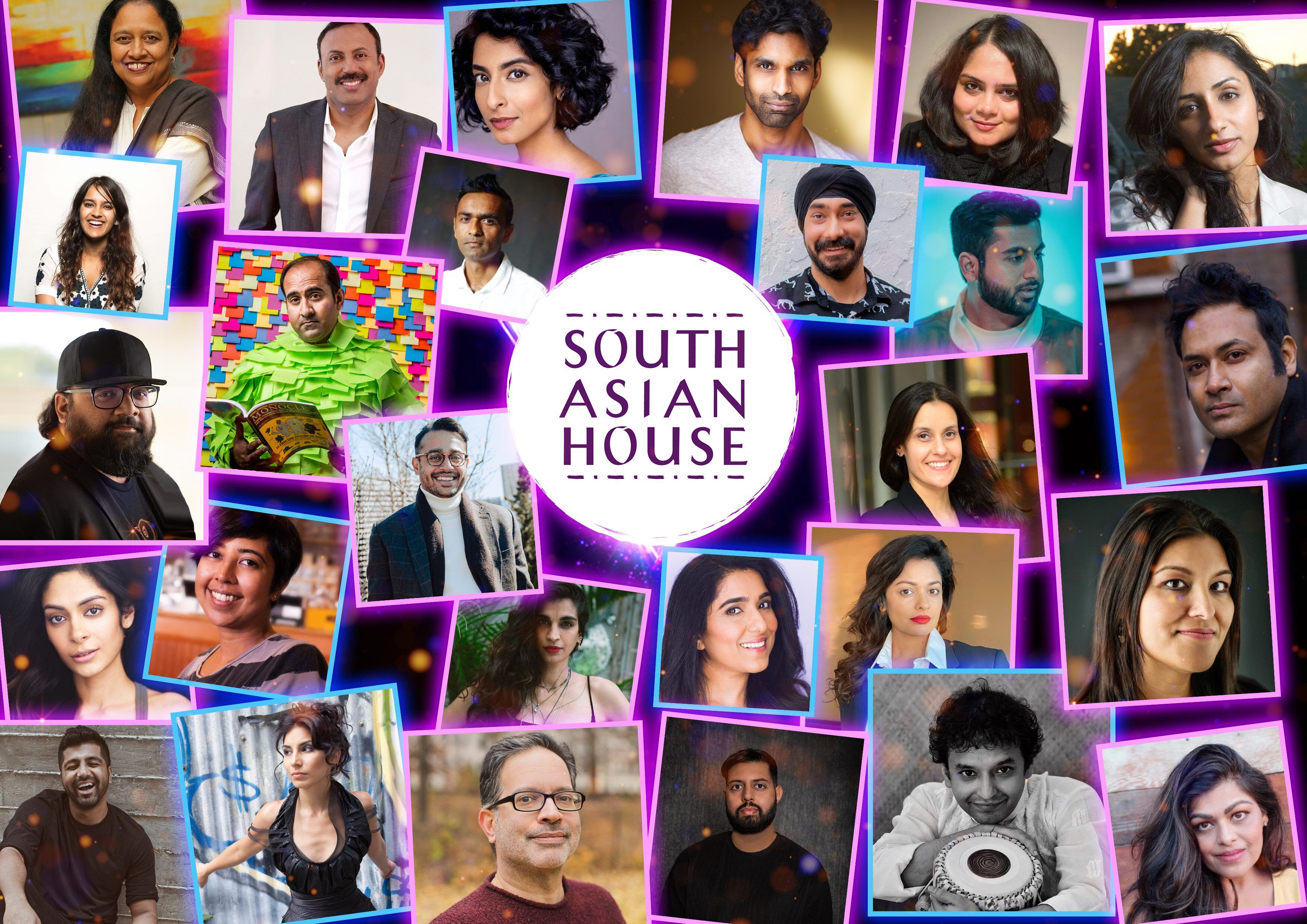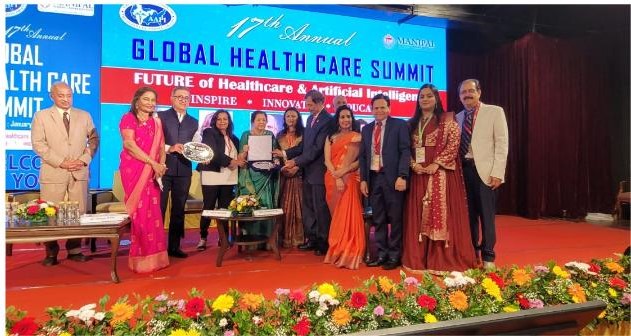Our Bureau
Washington, DC
The US Department of State spokesperson, Matthew Miller, was put on the spot to address recent publications alleging democratic backsliding in India and the US navigating the relationship with the country. Matthew Miller, while responding to a question, reaffirmed America’s relations with India and said that the latter country is an important strategic partner of the US.
“So, India is the world’s largest democracy, it is an important strategic partner of the United States, and I expect that to remain true,” Miller said in a daily press briefing on Monday. On April 4, US Department of State spokesperson Mathew Miller questioned whether the state department was taking a stand on the arrest of Indian opposition leader Arvind Kejriwal but not doing the same on the arrests of Pakistani opposition leaders.
Matthew Miller refused to categorise both cases into one and said that the US wanted to see everyone in Pakistan treated with consistent rule of law and human rights.
The arrest of Delhi Chief Minister Arvind Kejriwal has been raised several times in the press briefing.
Meanwhile, Congratulating the people of India, American diplomat, and the President of US-India Business Council (USIBC), Atul Keshap has said that the country’s national election is the Maha Kumbh Mela of Democracy. In a post on X, Keshap posted a picture of the Indian tricolour and wrote, “Heartiest congratulations to the great people of India as they begin the largest exercise of electoral choice in the entire history of our species.”
“With 970 million eligible voters and 1.2 million polling places, India’s national election is the Maha Kumbh Mela of Democracy,” he added.
The world’s largest democratic exercise kicked off in the country today, with the first phase of polling in 102 constituencies across 21 states and Union Territories.
This Lok Sabha election, being held from April 19 to June 1, is set to be the second longest polling exercise in the country’s electoral history after the first general election, which was held over five months between September 1951 and February 1952.
The last general elections in 2019 were also held in seven phases. Vote counting will be done on June 4.
Prime Minister Narendra Modi is seeking his third consecutive term, while the opposition bloc-INDIA- a coalition of opposing parties formed to take on the BJP in the general elections, is looking to oust him from power.
Russia-India sign pact for a large research hub in New Delhi
The Higher School of Economics, located in Russia, and the University of Delhi signed an agreement on strategic cooperation and joint actions, and a large research hub will begin operating at the partner university here.
New Delhi hosted the Indo-Russian Educatio Summit last week, becoming the largest event of its kind in the history of India-Russia bilateral relations, according to the Russian embassy in India.
About 60 Russian universities arrived in the national capital from Moscow, Saint Petersburg, Siberia, Crimea, the Urals and other regions.
“During the three-day educational forum, the Higher School of Economics (HSE) and the University of Delhi entered into an agreement on strategic cooperation and joint actions. As part of it, a large research hub will start operating at the partner university from India,” the embassy stated in their statement.
HSE University is a national research university located in Moscow, Russia.
The summit held from April 11 to 13, was organized by the Russian State Agency under the Ministry of Foreign Affairs ‘Rossotrudnichestvo’ that specializes in humanitarian projects abroad as well as the Russian House in New Delhi and the Russian Embassy in India.
The summit brought together rectors of Indian and Russian universities, diplomats, politicians, scientists, and businessmen to explore new opportunities for cooperation in education, science and innovative technologies as well as professional training.
“At the plenary session on April 11, Deputy Head of Rossotrudnichestvo Pavel Shevtsov noted that the Summit provides leading Indian and Russian universities with an unprecedented platform to engage in transformative dialogue and exchange,” the statement read.
The programme of the forum included three panel discussions, including, “Russia – India – BRICS: Role of Higher Education in the Development of Comprehensive Cooperation”, “Career Opportunities for Indian Graduates of Russian Universities and Business as a Customer for the Training of Indian Personnel in Russia”, “Cooperation between Russia and India in the Field of Medical Education” – and a round table themed “Technical Universities”.
















